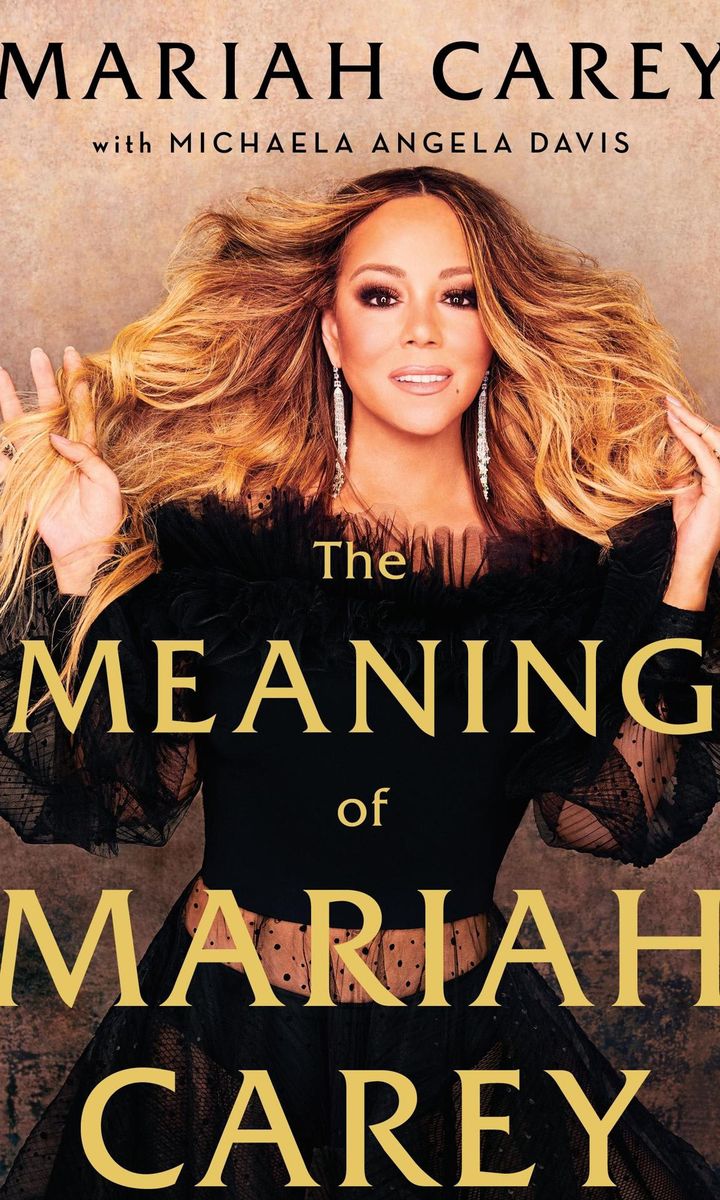Queen of pop (and Christmas) Mariah Carey is currently promoting her Rarities album and an upcoming memoir called The Meaning of Mariah Carey. For the last two years, Carey has shared stories with her co-writer, Michaela Angela Davis that she hopes will help the world finally understand her. In a candid and vulnerable interview with Vulture, Carey opened up about the 300 plus page book and the bumpy road she faced including relationships, struggles, and the childhood trauma she had to overcome to become ‘Mariah Carey.’ One of Carey’s major struggles was her racial identity as a ‘mixed girl.’ According to Vulture, it is her turn now to ‘emancipate that scared little girl.’
Carey grew up poor in an all-white neighborhood in a small rundown house she described as a ‘shack’ that sat at the end of the nice block. She lived with her mother Patricia, an Irish American opera singer from Illinois who separated from her father before she was 3. Her father, Alfred Roy, was a Black engineer from Harlem. Her mother was disowned by her family for having his children because he was Black. Carey struggled with a lot of the same issues mixed-race men and women still face today- not feeling quite white enough or black enough.
Carey is not blind to the privilege she has as a lighter-skinned woman and pointed out, “The truth is I will never say I had the same experience as a darker-skinned woman.” But in her words, she still faced disadvantages like “Having a white mother, and being forced to live in white neighborhoods, and feeling ashamed that there is nobody visibly Black there.“ Carey continued, “Believe you me, I’m not thrilled to be this skin tone all the time... How was I supposed to fit in? I was, like, the only one that’s this weird mutant, mutt — using an antiquated phrase that I’m not asking anyone else to ever use again, but I’m embracing it — mulatto girl. I’m not even embracing it. It’s a horrible way of defining somebody. It actually means ‘mule.’”
And while her light skin may have been what allowed white audiences to accept her, Carey explained it also “distanced [her] from the comfort of support and protection from some Black people.” Which she called “an even deeper kind of a pain.”
In the interview, Carey also opened up about the twin children she shares with ex-husband Nick Cannon. Thankfully, Carey feels confident that they will not have to endure the same type of struggles that she did in the past. She explained, “They have stability. That’s what I didn’t have. They will never have a holiday that’s not happy unless something I can’t do anything about happens. They understand that they are Black. They have a whole lot of self-esteem and self-worth that I never had. And I probably still don’t now. I know that I still don’t.”
Fans can expect the book to be a raw and vivid look into Carey’s life that might even get her in trouble, she explained “I cried writing a lot of parts of this book. Maybe it’s because I have such vivid recollections. You know what? I’m sure I’m going to have to deal with a lot of people being upset with me. I hope not.”
,type=downsize)
